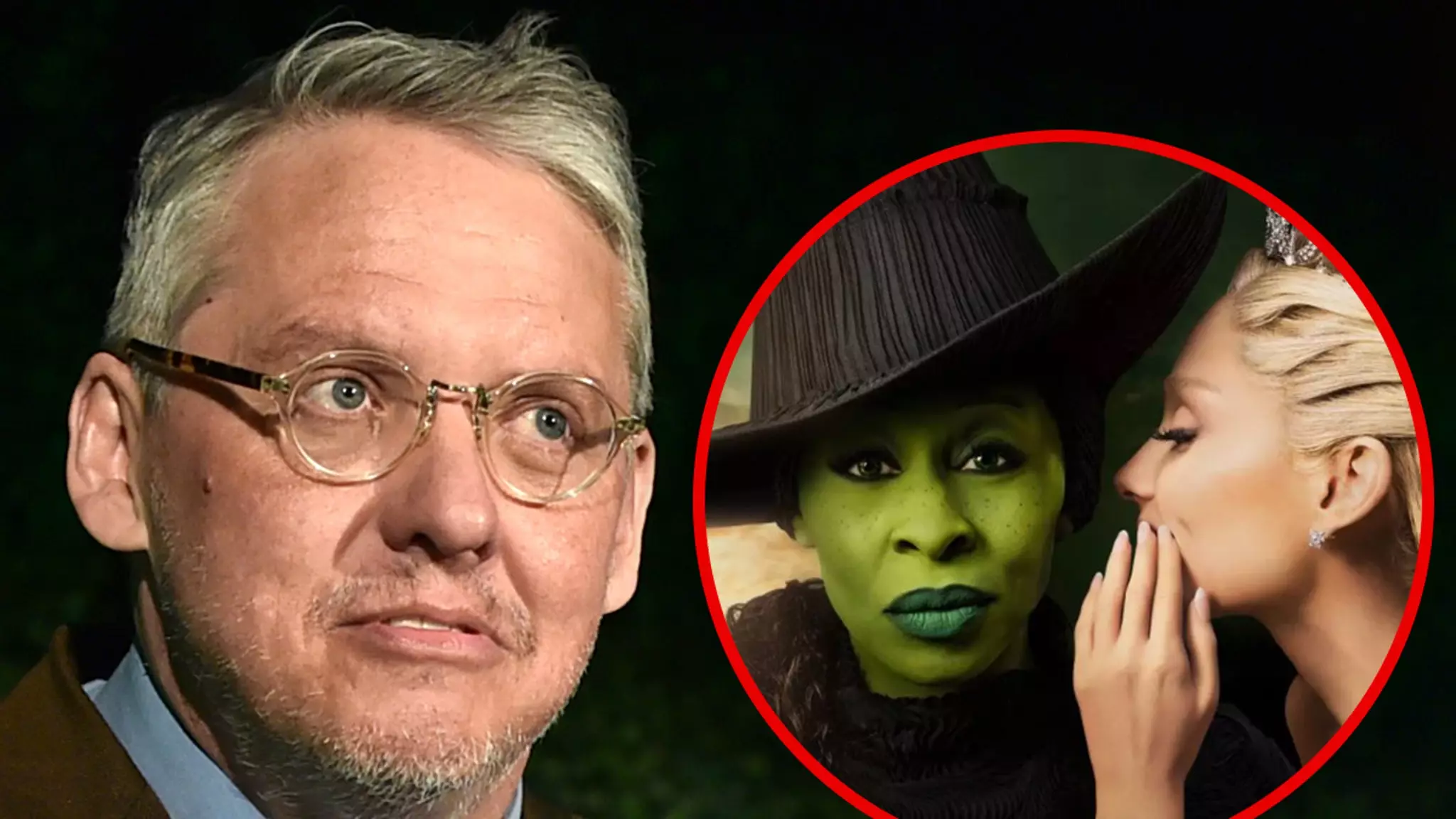The film adaptation of “Wicked,” a beloved Broadway musical, has captured the hearts of many since its release. The narrative, which delves into themes of acceptance, discrimination, and societal judgment, has not only entertained audiences but has also sparked significant discourse on its political implications. Oscar-winning writer and director Adam McKay has recently raised alarms about the potential for political censorship directed at the film due to its progressive message. By equating the film to other significant cinematic works like “Citizen Kane” and “The Sound of Music,” McKay underscores the depth and importance of its themes, suggesting that it challenges the status quo in contemporary society.
McKay’s remarks about the possible banning of “Wicked” expose a worrying trend in modern American politics. In a climate where ideological divisions run deep, he argues that certain films may be threatened due to their radical messages. His assertion that “Wicked” may become a target within three to five years reflects a broader anxiety about freedom of expression and cultural backlash against narratives that challenge established norms. While many dismiss McKay’s warning as hyperbolic, one cannot ignore the rising tensions around media that address critical societal issues. The mere thought of a mainstream film being deemed “too radical” to be viewed by the public is a chilling prospect that deserves closer examination.
Responses to McKay’s claims reveal a spectrum of opinions. Some audiences find it difficult to believe that a musical, especially one with such a devoted fanbase, could face censorship. Detractors quickly point out that the idea of banning a film like “Wicked” is far-fetched. However, this skepticism may overlook the current political climate, where art and media are increasingly under scrutiny. Historical instances of censorship demonstrate that art can provoke strong reactions, leading to attempts at banning or censoring content deemed unsuitable by various factions. McKay’s insistence on the seriousness of his argument compels viewers to reflect on how cultural productions can be influenced by shifting political landscapes.
At its core, “Wicked” addresses fundamental issues of race and prejudice, especially through the character of Elphaba, a figure marginalized for her green skin. These themes resonate deeply in today’s societal discourse, reflecting enduring issues of racism and discrimination. As the film continues to resonate with audiences worldwide, grossing nearly $600 million internationally, it challenges viewers to confront their own biases and preconceptions. The decision to engage with such content in a politically charged environment highlights the significance of dialogues around representation and equity in the arts.
Given the potential for political movements to suppress art that challenges conventional narratives, the concerns raised by Adam McKay merit serious consideration. As cultural consumers, it is crucial to advocate for artistic freedom and remain vigilant against censorship. Films like “Wicked” not only entertain but also provoke essential conversations that can lead to societal change. By engaging critically with media, audiences can contribute to a more inclusive discourse that embraces diverse perspectives and resists attempts at erasure. As we move forward, the value of such narratives becomes ever more important in ensuring that art remains a platform for challenging ideologies and fostering understanding.

Leave a Reply